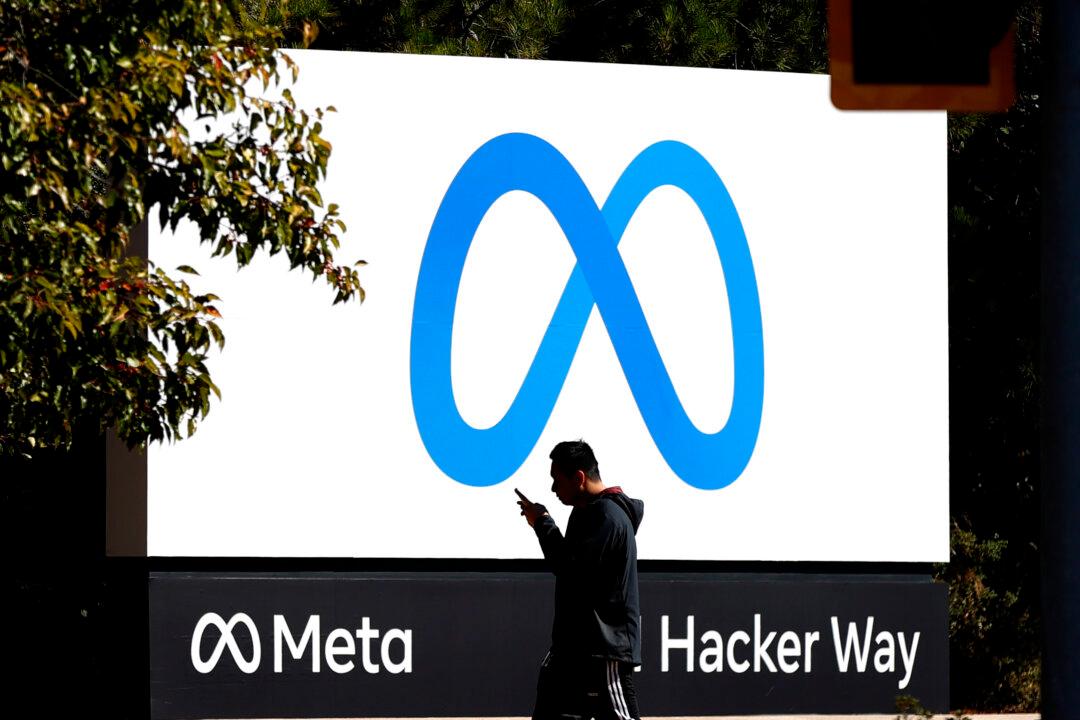Molly Russell was 14.
Ms. Russell was active on social media platforms, including Instagram, Pinterest and Twitter. Around the time of her death, her father found images encouraging self-harm on her computer. In 2017, she “died from an act of self-harm while suffering depression and the negative effects of online content,” Andrew Walker, a coroner from the United Kingdom, concluded in a report that same year.





